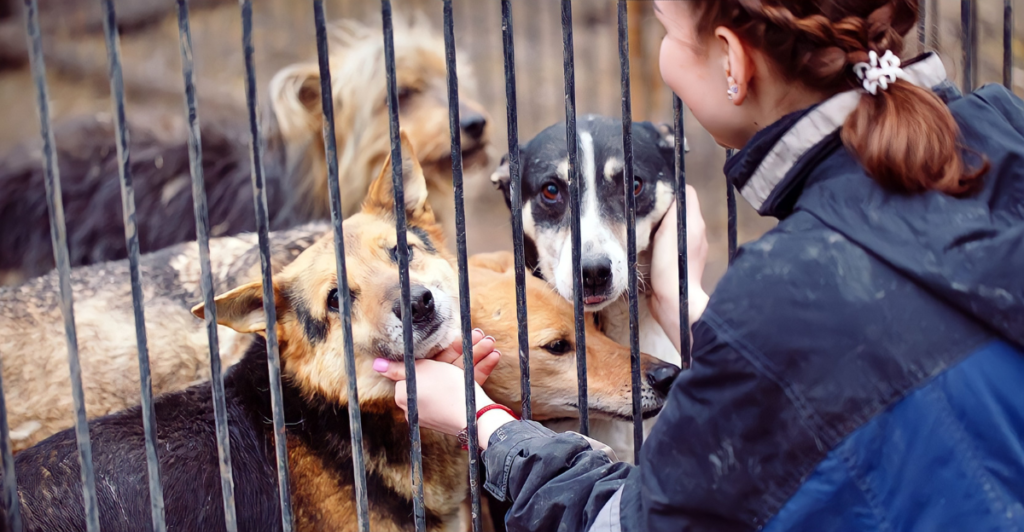
Dogs can make the best companions for anybody, no matter their walk of life. The trick is finding a dog that’ll suit your lifestyle and personality. Choosing the right dog is more than just picking out the cutest face at the shelter or following internet trends.
Size, looks, and popular breeds are normally taken into account when adopting a new dog, but in reality, picking the right dog means their personality has to suit your own circumstances.
There are some breeds that are naturally better for certain people, for example, more active breeds are better for people or families who are into fitness and go out for frequent runs. There are good indoor dogs for people who live in apartments too, but these are just a few things to keep in mind when adopting a canine.
Matching Energy Levels
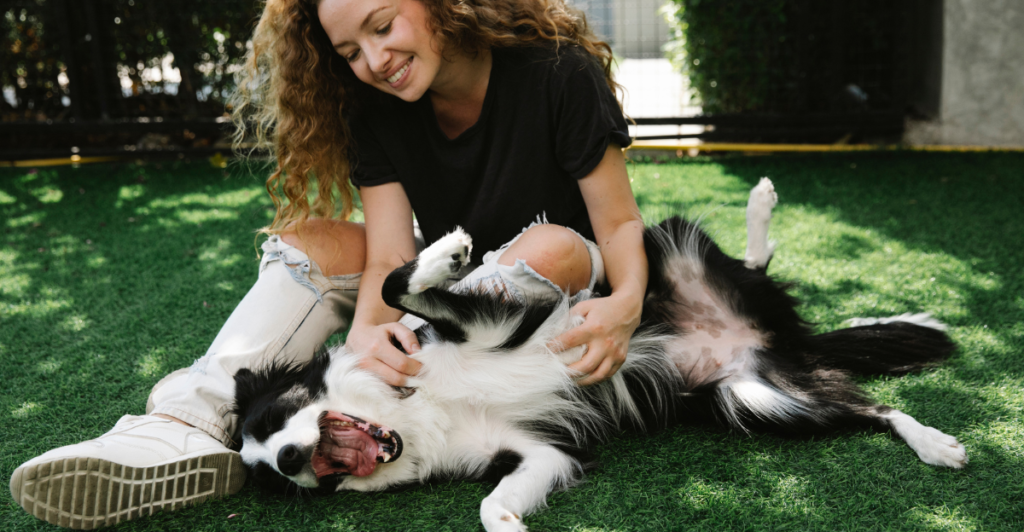
When you are looking to adopt your very own furball, you need to find a dog that matches your own energy levels. If you adopt a dog with more energy than you know what to do with, it might not be a good fit, with your dog getting bored easily and even turning to destruction for attention.
Breeds like border collies, Australian Shepherds, and Jack russels are all great picks for active families and require frequent exercise throughout the week and mental stimulation every day.
Without the necessary stimulation, these breeds may bark and even chew furniture. If you live a more relaxed lifestyle, then bulldogs, basset hounds, or Shi Tzus are the ideal dogs for you.
Going Beyond Looks
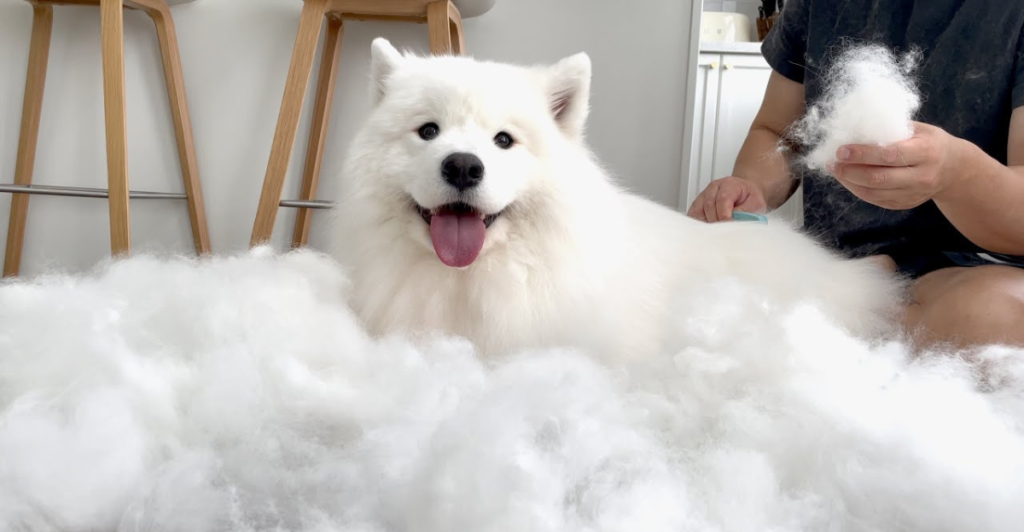
We know just how cute some dogs can be, but looks aren’t everything, and this can be a trap that many inexperienced dog owners fall into when adopting a new animal. Looking at functional traits is far more important, such as shedding levels, grooming needs, and behavioral tendencies.
A good example is the Samoyed, which looks majestic and beautiful but requires a lot of effort and maintenance to keep happy. They need to be groomed daily, or else their fur will end up all over your house.
If you don’t want to have to worry about grooming as much, the Doberman might be a better option for you. They do not shed but require more training and socialization.
Historical Roles
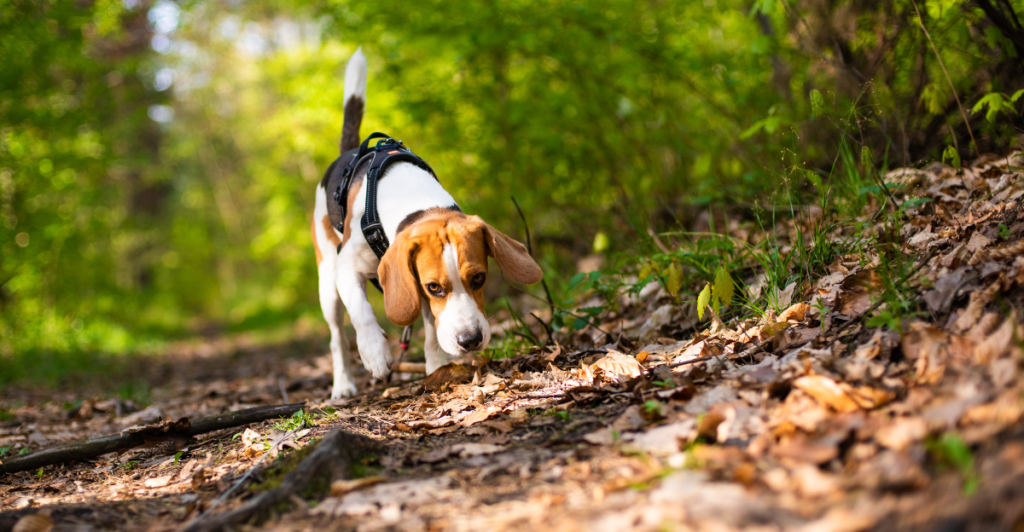
There are so many breeds on this planet partly because all of them have filled specialized roles in history. All dogs have some kind of background in either herding, hunting, guarding, or just being companions. These historic roles still influence their instincts and behavior today.
Herding dogs like border collies can try to herd any small animals or children if not disciplined and trained properly. Hunting breeds like beagles may catch interesting scents and wander off to find them.
Guard dogs like Rottweilers are territorial and protective of their owners and need good handling. Ensure that your dog’s natural instincts aren’t a problem in your day-to-day life.
Personality Compatibility
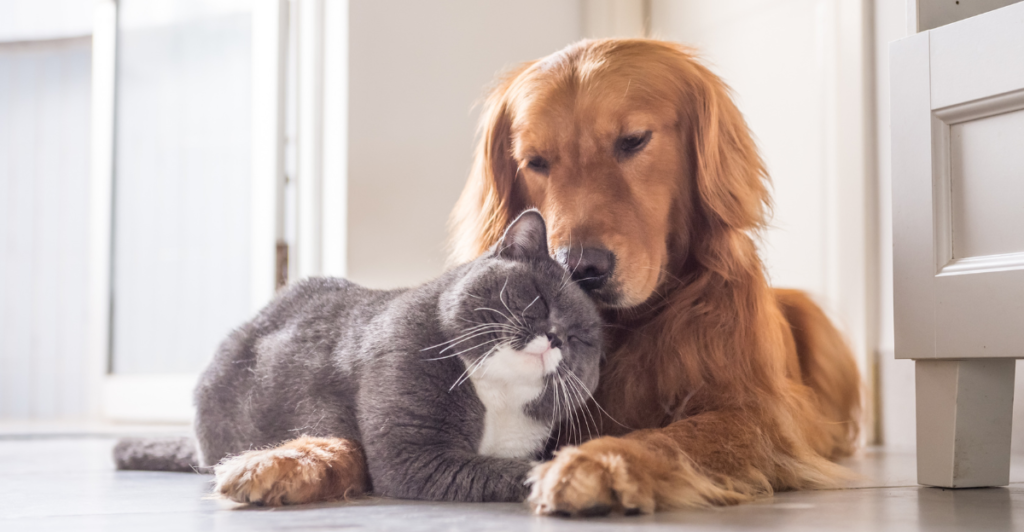
Many breeds are stereotyped, which can be entirely misleading. The journal Applied Animal Behavior Science showed evidence that individual dogs of the same breed can have very different attitudes and temperaments.
A dog’s upbringing can be just as important as what breed they are. For example, a dog socialized with other animals like cats at a young age will often see them as part of the pack, meaning that they are cat friendly.
Dogs that weren’t raised with cats may be wary of them or even let their prey drive get the better of them. Spend time in shelters getting to know each dog to see which one has the personality that best suits your life.
Explore Hybrids
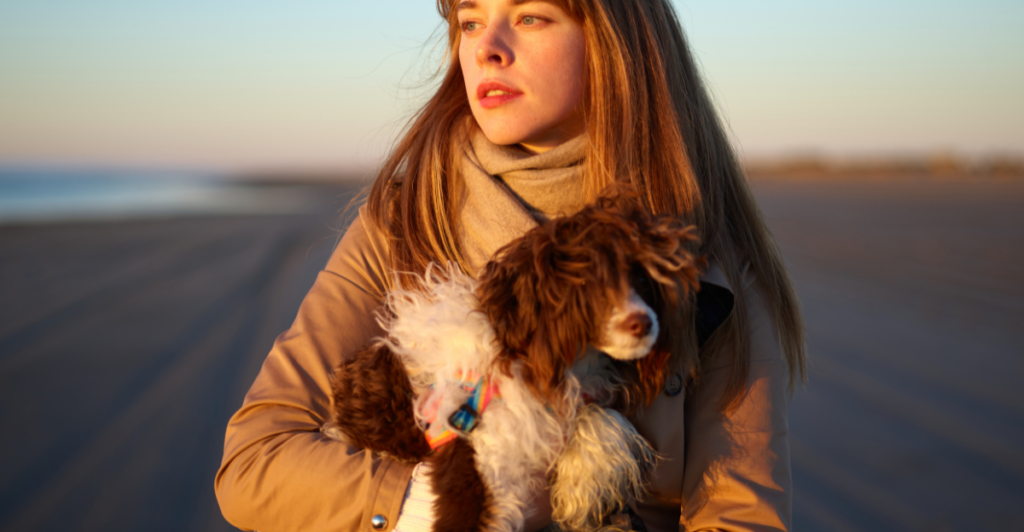
There are many hybrids dog breeds that have been specially breed to suit the needs for particular owners. This includes the Labradoodle, goldendoogle, and puggle.
These breeds have been bred with dogs with hypoallergenic coats for adopters who may be allergic to dog hair. Hybrids can go beyond just hypoallergenic reasons and can be for the best temperament possible.
While many people often go for pure breds, look into hybrids and see if there’s one tailored for your needs. A Labradoodle, for example, doesn’t shed much and are very trainable animals, thanks to the Labrador genetics they have. This makes this hybrid great for active families that may have allergy concerns.
Size Can Be Misleading
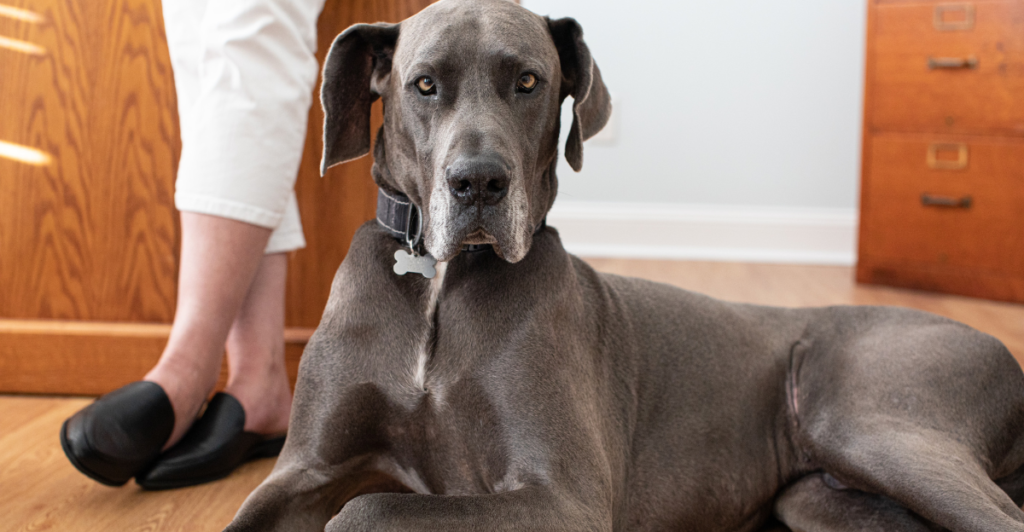
Some people believe the notion that size is proportional to exercise and maintenance required, but this isn’t always the case. Many think that small dogs are just easier to care for, but some can be more challenging than big dogs.
A good example of this is Great Danes, who are massive but can be amazing indoor dogs that only need moderate exercise to thrive and be happy. Jack Russells and Chihuahuas are small dogs but can be very hyperactive and require much more mental and physical stimulation than many large breeds.
Large dogs can have shorter life spands and more health complications later on in life. Try to find a breed with a good balance for your lifestyle.
Intelligence Can Sometimes Be A Problem

While there are many dog breeds whose intelligence is unmatched, like the poodle, German shepherd, and border collie. This dogs are amazing at learning commands and tricks through training but can be a hassle in other areas.
These breeds require a lot of training and mental stimulation when they are young or they could develop mental issues. They thrive with puzzle toys, training sessions, and agility and obediance competitions. If you lack the time or the interest in training your dog’s brain, a less intellectually demanded breed may be a better fit for you.
A more intelligent breed is not always better in every scenario. There are plenty of other breeds who do not need nearly as much mental stimulation.
Vocal Tendencies
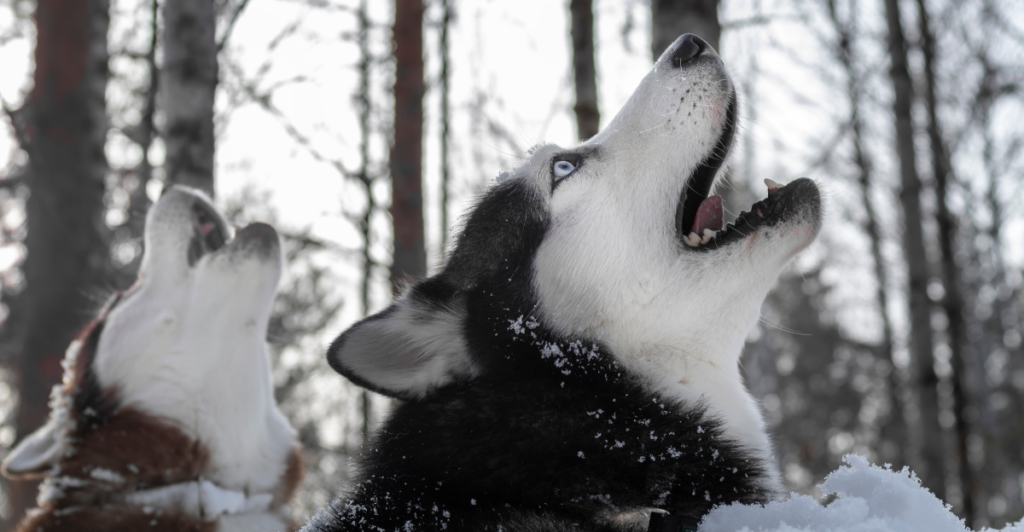
When a potential dog owner picks a breed, they often don’t think of how vocal their dog may be. This can have a huge effect and cause problems depending on what living space the breed will occupy. For apartment or shared living, breeds like Siberian huskies would be the worst pick imaginable.
They are very vocal dogs and can howl for attention or just for play. Beagles are another breed known for being loud when they feel like it. This can lead to complaints by neighbors and cause unnecessary stress.
These breeds best suit those who have their own property where people are less likely to complain. There are breeds known for being quiet, such as Basenjis, who rarely bark at all.
Mixed Breeds
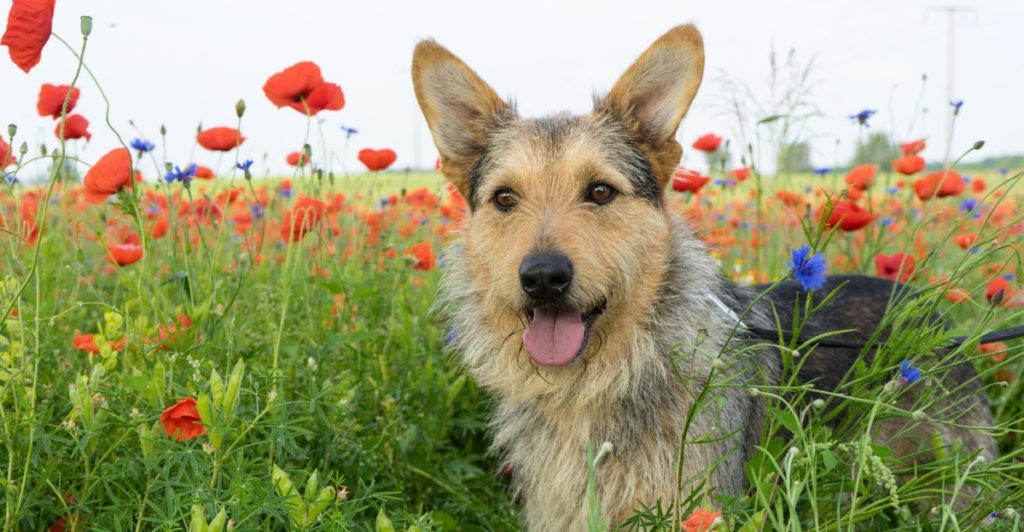
We already spoke about hybrid breeds, but there are many mixed breeds that could also make wonderful pets. The difference is that these breeds weren’t specially bred and are just rather not purebred dogs.
Sometimes it is hard to figure out exactly what breeds they share their genetics from, but they deserve love just as much as anyone else. Don’t pass up mixed-breeds in shelters just because they aren’t a purebred.
Adopting a mixed breed saves a life and could give you a unique dog that’s quite unlike any other. Adopting an animal needs to be approached with compassion just as much as logic.
Explore more of our trending stories and hit Follow to keep them coming to your feed!

Don’t miss out on more stories like this! Hit the Follow button at the top of this article to stay updated with the latest news. Share your thoughts in the comments—we’d love to hear from you!







